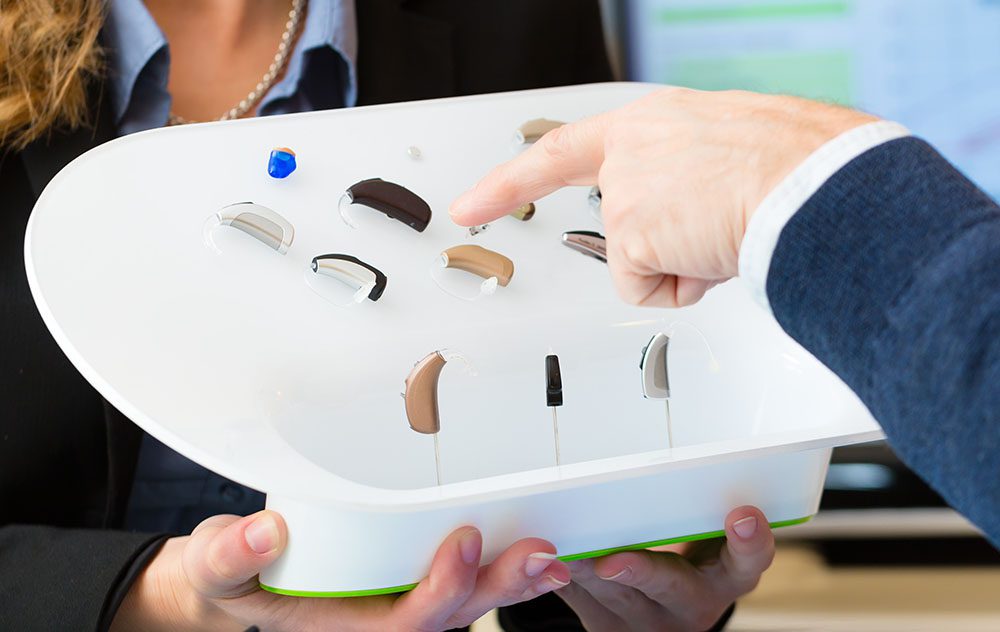What Makes a Hearing Specialist Essential for Your Hearing Health?
In a loud world that is getting louder, you are exposed to sounds all the


In a loud world that is getting louder, you are exposed to sounds all the

There are seasonal changes that can affect your hearing, and fall is no

When you have hearing loss one of the most important ways in which you can